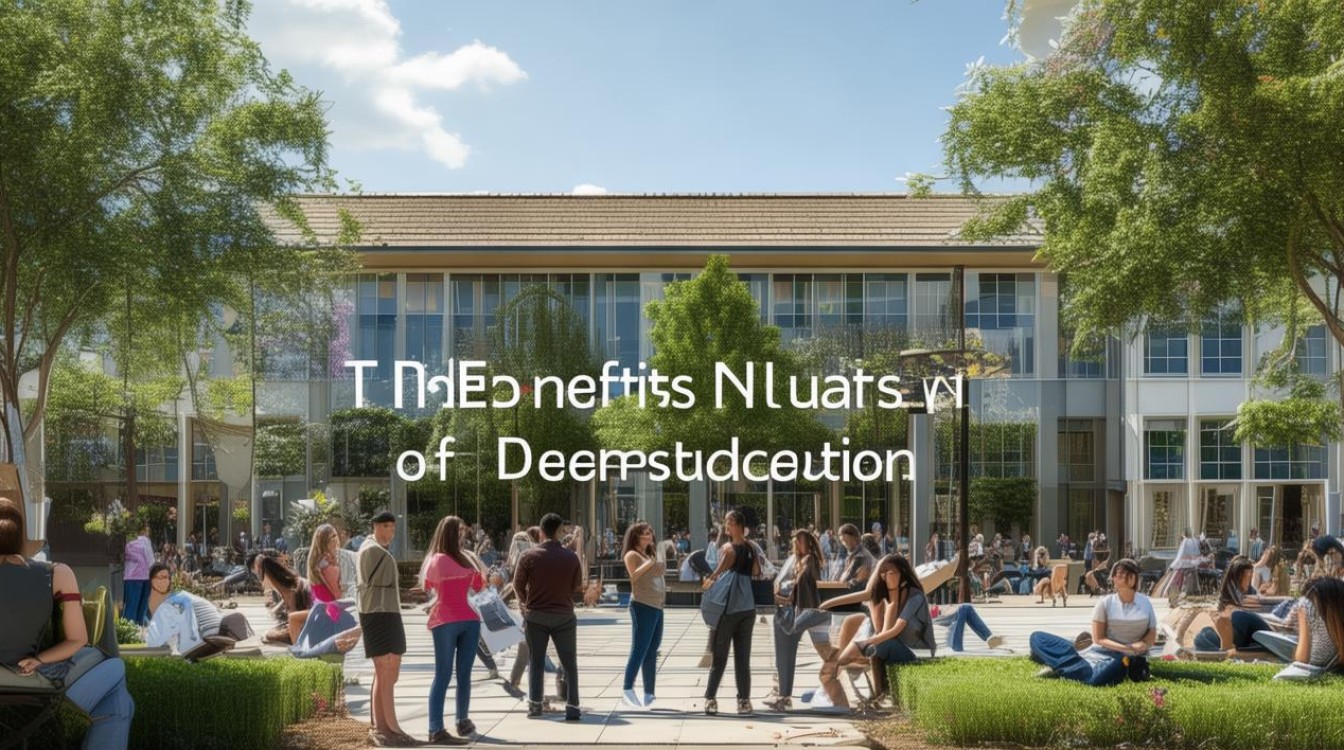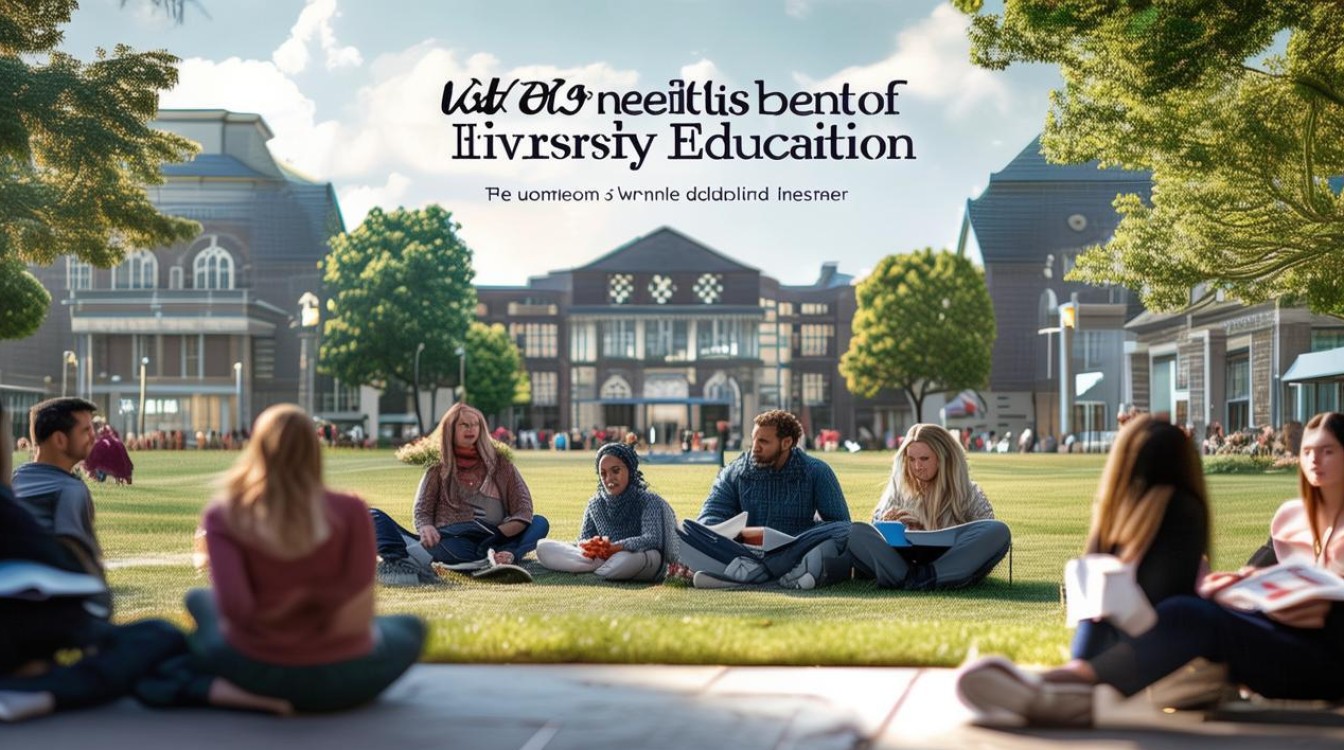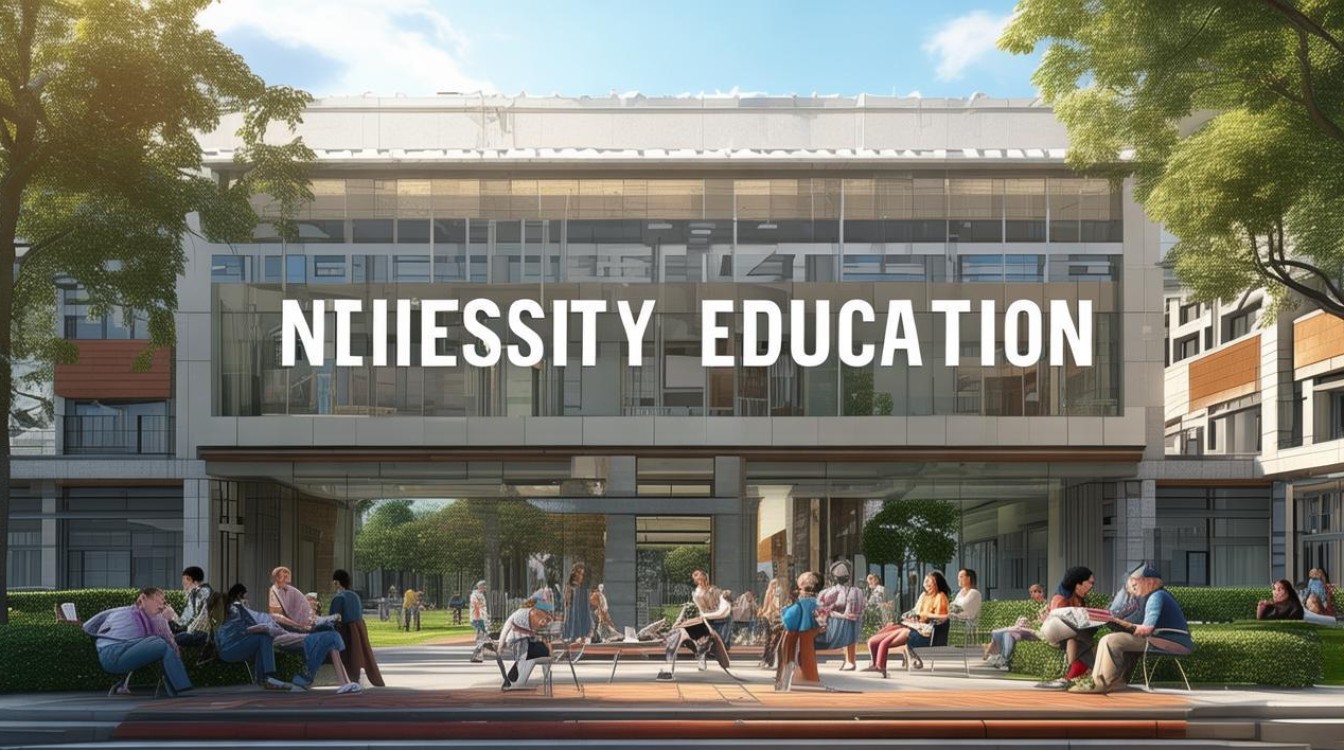Higher education has long been regarded as a transformative experience, shaping individuals intellectually, socially, and professionally. Attending university offers numerous advantages that extend far beyond academic knowledge. From personal growth to career opportunities, the impact of a university education is profound and far-reaching.

Intellectual Growth and Critical Thinking
One of the most significant benefits of university education is the development of critical thinking skills. Unlike secondary education, which often focuses on memorization, university courses encourage students to analyze, question, and synthesize information. Professors challenge students to think independently, fostering a deeper understanding of complex subjects.
Exposure to diverse disciplines—whether in the humanities, sciences, or arts—broadens perspectives. Students learn to approach problems from multiple angles, a skill that proves invaluable in both professional and personal life. Research projects, debates, and collaborative assignments further refine analytical abilities, preparing graduates to navigate an increasingly complex world.
Career Advancement and Employability
A university degree remains one of the strongest predictors of career success. Employers consistently value higher education as evidence of dedication, discipline, and specialized knowledge. Many industries require degrees for entry-level positions, and advanced roles often demand postgraduate qualifications.
Beyond credentials, universities provide practical skills through internships, workshops, and industry partnerships. Networking opportunities with professors, alumni, and peers open doors to internships and job placements. Graduates with degrees in fields like engineering, medicine, or business often enjoy higher starting salaries and greater job stability compared to those without formal education.

Personal Development and Independence
University life fosters personal growth in ways few other experiences can. Living away from home, managing finances, and balancing academic and social responsibilities teach self-reliance. Students learn time management, adaptability, and resilience—qualities that serve them well throughout life.
Extracurricular activities, such as clubs, sports, and volunteer work, help individuals discover passions and build leadership skills. Many students form lifelong friendships and professional connections during this period. The exposure to diverse cultures and viewpoints also cultivates empathy and global awareness.
Social and Networking Opportunities
A university campus is a melting pot of ideas, backgrounds, and ambitions. Interacting with peers from different regions and cultures enriches social understanding. Group projects, student organizations, and campus events create a sense of community while honing teamwork and communication skills.
Alumni networks provide long-term career support, offering mentorship, job referrals, and industry insights. Many successful professionals attribute their career breakthroughs to connections made during university years.

Exposure to Research and Innovation
Universities serve as hubs for groundbreaking research and technological advancements. Students in STEM fields often participate in cutting-edge projects, contributing to discoveries that shape industries. Even non-science majors benefit from access to libraries, seminars, and expert-led discussions that stimulate intellectual curiosity.
For those pursuing academia, universities offer pathways to postgraduate studies and teaching opportunities. The research experience gained during undergraduate or graduate programs can lead to patents, publications, and influential careers in various sectors.
Cultural and Global Awareness
Higher education promotes cultural literacy by exposing students to global perspectives. Many institutions encourage study abroad programs, allowing students to immerse themselves in different educational systems and societies. Language courses, international student exchanges, and multicultural events foster a deeper appreciation for diversity.
In an interconnected world, employers value candidates with cross-cultural competence. Graduates who understand global markets, political systems, and social dynamics are better equipped to thrive in multinational companies or humanitarian organizations.

Financial Stability and Long-Term Benefits
Statistically, university graduates earn significantly more over their lifetimes than those without degrees. While student debt is a concern, the return on investment for higher education remains strong in most fields. Degrees in high-demand sectors—such as technology, healthcare, and finance—often lead to rapid career progression and financial security.
Beyond income, university education correlates with better health outcomes, higher civic engagement, and increased job satisfaction. The skills acquired—problem-solving, communication, and adaptability—translate into lifelong benefits.
Final Thoughts
The advantages of attending university extend well beyond the classroom. Intellectual enrichment, career readiness, personal growth, and global awareness are just a few of the lasting benefits. While alternative paths exist, higher education remains a powerful tool for unlocking potential and creating opportunities. For those considering this journey, the rewards—both tangible and intangible—make it a worthwhile investment in the future.

